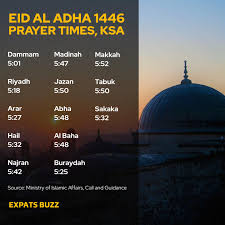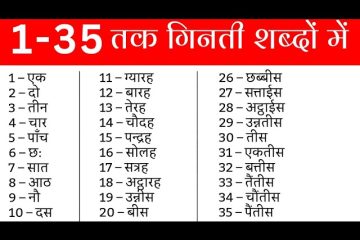Understanding Eid ul Adha Namaz and Its Significance

Introduction to Eid ul Adha Namaz
Eid ul Adha, also known as the Festival of Sacrifice, holds a significant place in the Islamic calendar. It commemorates the willingness of Prophet Ibrahim (Abraham) to sacrifice his son in obedience to God. As part of this great festival, the Eid ul Adha Namaz is a vital ritual, bringing communities together in prayer and reflection.
The Importance of Eid ul Adha Namaz
This special prayer is performed in congregation on the morning of Eid ul Adha, just after sunrise. It is important because it emphasizes the significance of obedience to God, community bonding, and sharing blessings with those in need. The Namaz is typically conducted in large open areas or mosques, allowing for maximum participation. The prayer consists of two units (rakats) and is accompanied by a sermon (khutbah), which encourages individuals to reflect on their faith and community responsibilities.
Preparation and Rituals
As the date approaches, Muslims prepare for Eid ul Adha with enthusiasm. It begins with special prayers at dawn. Worshippers often dress in their finest clothes, and many will engage in a festive breakfast before the prayer. It is also customary to perform the ghusl (ritual washing) and recite the Takbeer (praise of Allah) on the way to the mosque or prayer grounds.
Recent Updates on Eid ul Adha Practices
This year, in many parts of India, the Eid ul Adha Namaz was celebrated with immense fervor, despite the ongoing effects of the pandemic. Authorities emphasized safety protocols, such as social distancing, while ensuring that the spiritual essence of the event was preserved. Many mosques reported increased attendance, showcasing a resilient community coming together to honor their faith. Additionally, several Islamic organizations have prioritized charity, helping those in need as part of the Eid celebrations.
Conclusion: Significance of Eid ul Adha Namaz
The Eid ul Adha Namaz serves as a reminder of sacrifice, community, and charity. It not only strengthens the bond among Muslims but also highlights the importance of social responsibility. As society continues to evolve, the practices surrounding Eid ul Adha Namaz may adapt to contemporary needs, but its core values remain timeless. For readers, understanding these rituals can deepen one’s appreciation of cultural and religious diversity, fostering mutual respect in an increasingly interconnected world.









